
Health & Medicine
One of the most affecting and unsettling things I have ever seen
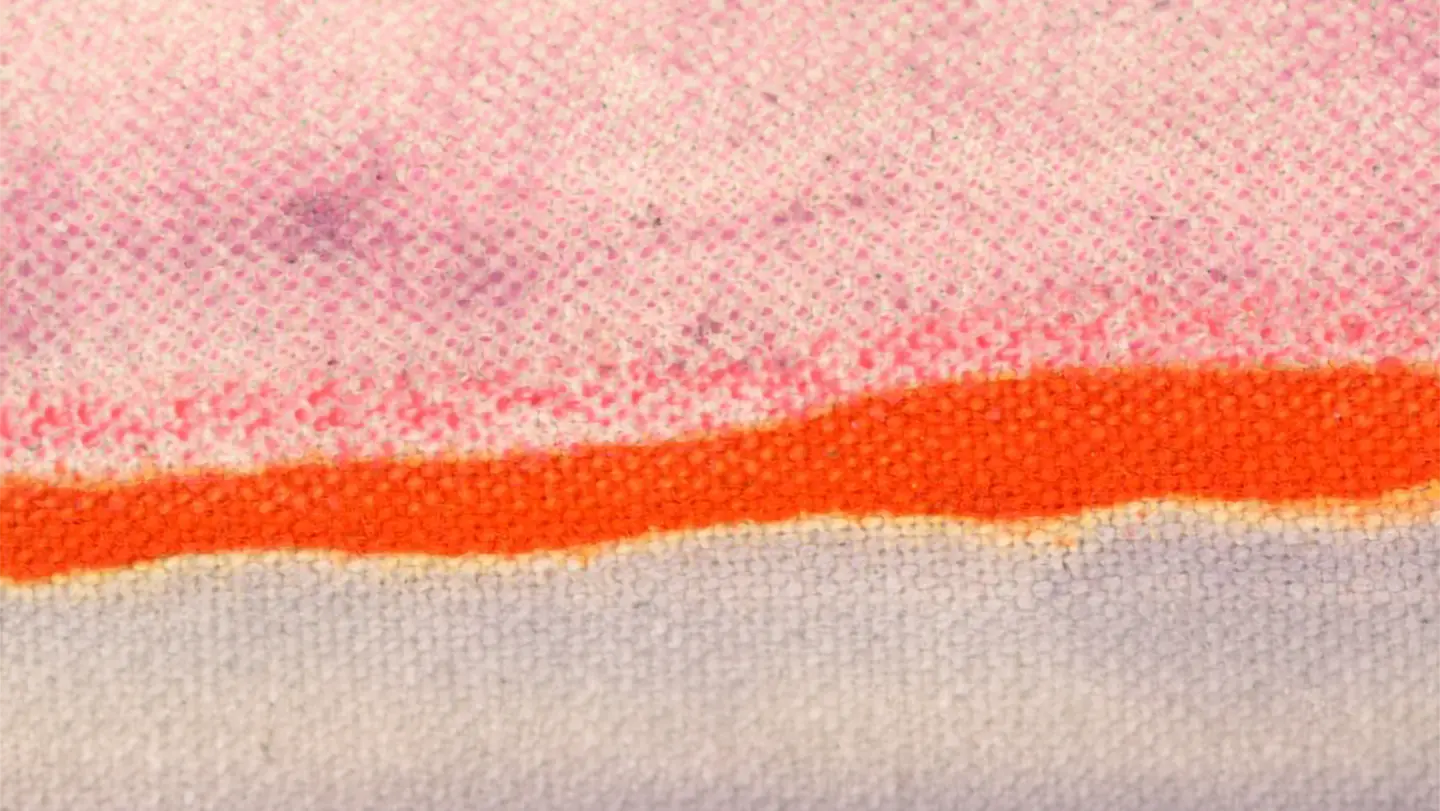
The importance of truth-telling cannot be denied if our journey towards national reconciliation between Indigenous peoples and Settler Australia is to be achieved
Published 12 June 2024
The pursuit of a more just Australia at peace with its past requires us to confront truths that have been buried beneath generations-long discomfort and denial, arrogance and indifference.
The fundamental importance of truth-telling and justice cannot be denied if our journey towards national reconciliation and meaningful political settlements between Indigenous peoples and Settler Australia are to be successfully concluded and authentic national unity achieved.
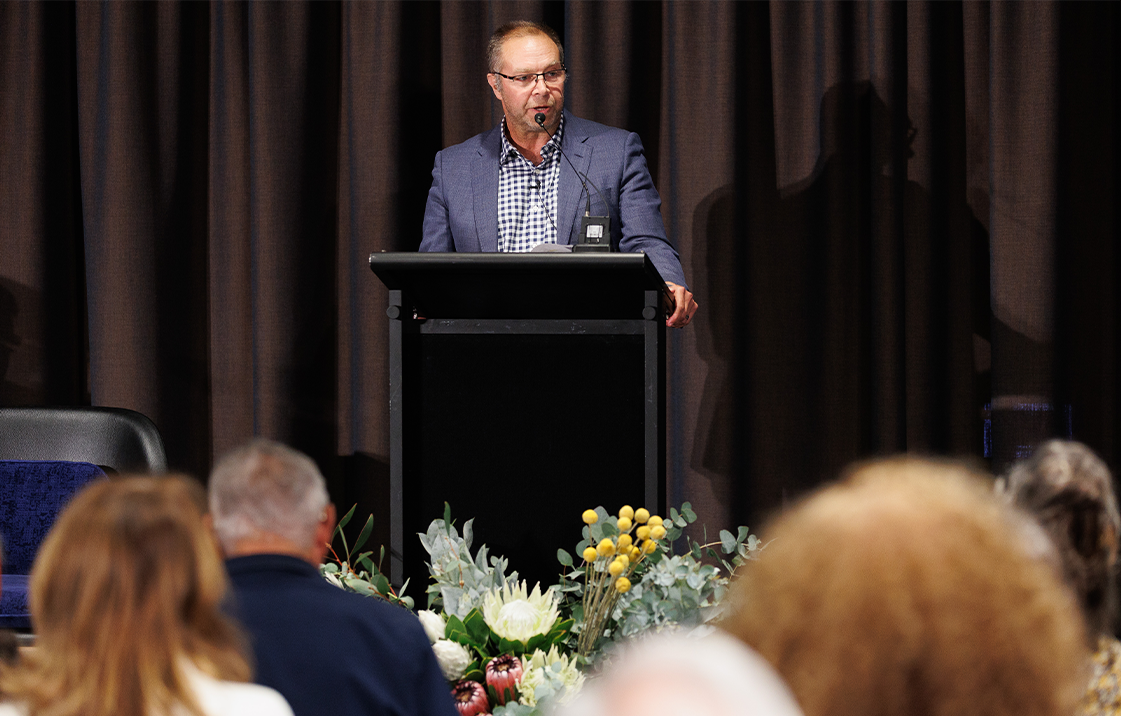
The history of this continent since 1770 stands as a stark reminder of the injustices that continue to curse and undermine our Commonwealth of Australia.
For too long, the voices of the Indigenous peoples have been silenced, their rights supressed, and their lands and families taken away with little or no empathy or remorse, and with no legal remedy via just compensation.
Race and racism have played insidious roles in attempts to eliminate Aboriginal peoples through open warfare and later through policies of protection, assimilation and integration.
These actions, far from being a stain on our history and the collective responsibility of previous generations, today represent a glaring indictment of our collective decency. We cannot claim to be a just and equitable society while ignoring the systemic injustices that continue to permeate our institutions.

Health & Medicine
One of the most affecting and unsettling things I have ever seen
As one of the oldest universities in Australia, an institution that stood at the frontline of efforts to diminish, disregard and disremember the Aboriginal peoples dispossessed by the settler-Colony of Victoria, it is also our institutional responsibility to address the part we the University of Melbourne have played in the many injustices perpetrated against Indigenous Australia.
The path to truth is not an easy one.
It requires us to confront uncomfortable histories, to acknowledge our complicity in past wrongs, and to commit ourselves to a future founded on principles of equality, respect and justice.
It is often said that recognition of Australia’s frontier wars and the dispossession of Indigenous peoples is un-Australian and counter to national pride, national unity and even national identity.
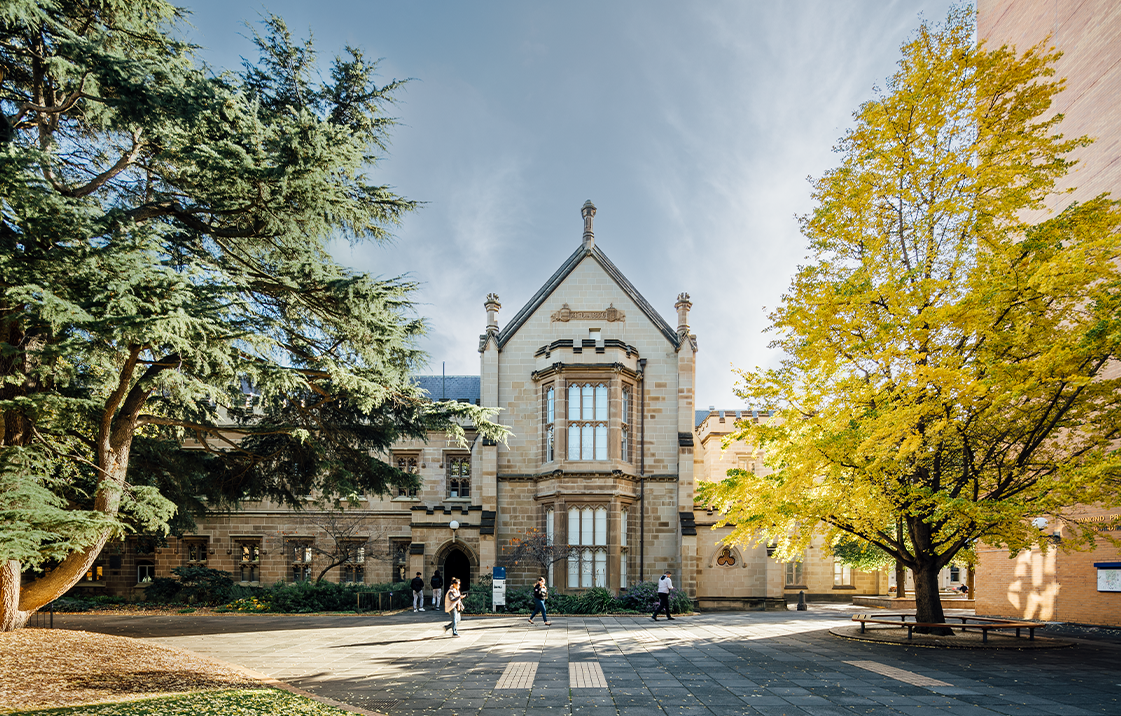
But I ask you, is there any act more authentic in its patriotism than to seek peace with the national past?
Can we truly claim to be proud of who we are if we refuse to acknowledge the ongoing suffering of our fellow citizens, sufferings that are unquestionably the consequence of a history shared since 1770?
Through truth-telling and the dispelling of lies and myth, we will pave the way for genuine understanding and reconciliation.
Now is a time to reflect deeply on the missteps and mistakes of the past and to commit to doing better, much better in the present and the future.

As we reflect as a community let us consider the hurt and damage inflicted on Aboriginal and Torres Strait Islander peoples by representatives of this institution over the past 171 years.
Imagine how the descendants of peoples who long prevailed under our own laws, under our own forms of government with complex diplomacies that safeguarded respectful relations, and whose aim was an enduring peace across the breadth of this continent feel about a history in which the powerful authority of imperial and settler-colonial scholarship made the lie of lawlessness and sub-human savagery a scientific truth, and where the lie of Aboriginal peoples as stone-age remnants who lacked any future coexistence with settler-Australia was cemented as a foundational ‘common-sense’ truth of the Australian state.
The harm and offence caused to our very being runs so deep that we, Aboriginal and Torres Strait Islander people continue to live with the traumatic consequences of this history of lies and mythmaking every single day.
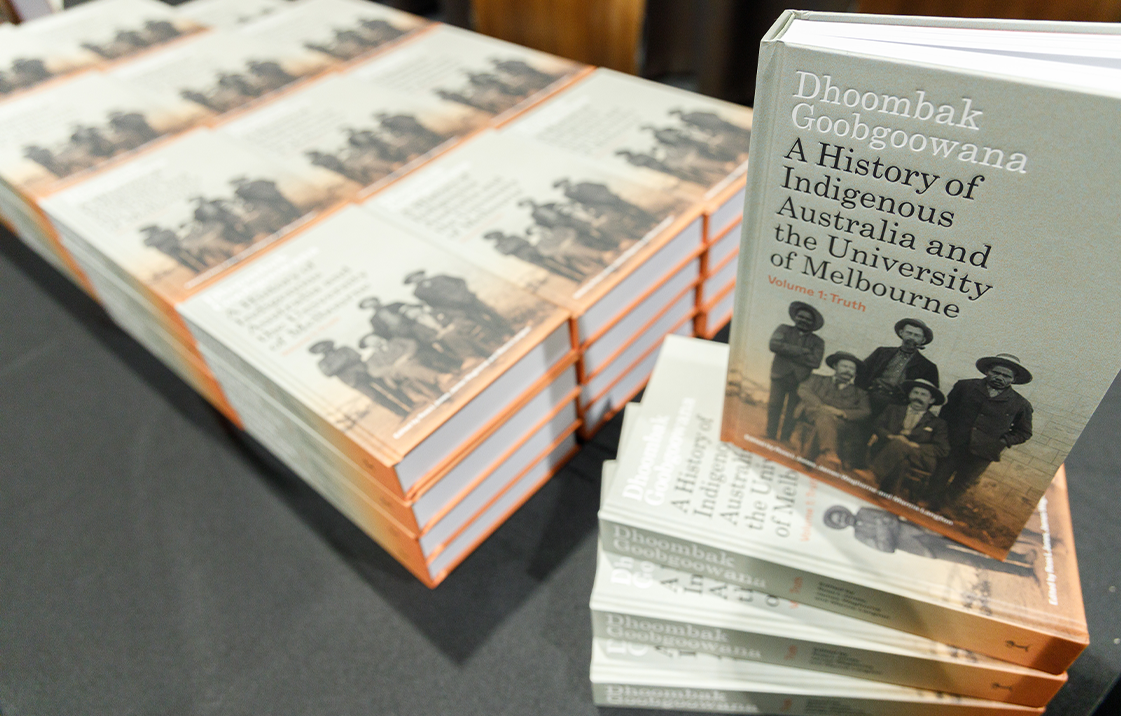
In 1968, the year of my birth, W.E.H. Stanner delivered his famous address ‘After the Dreaming’ as a Boyer Lecture for the ABC. Stanner spoke of the great Australian silence and the need to end what he considered the “cult of forgetfulness” practiced on a national scale.
In the 21st century the process of ending the silence and dispelling the lies and myths to be found in scientific racism and eugenics must be considered core to the purpose and rationale of a university that is Australian based.
Dhoombak Goobgoowana means truth-telling in the Woiwurrung language of the Wurundjeri Woiwurrung people. The name was gifted to the University by the Woiwurrung Cultural Heritage Aboriginal Corporation.
Dhoombak Goobgoowana is not the culmination of our efforts in Truth-Telling and Justice. Acknowledgement of this history compels us to move beyond recognition. This book is a prompt to consider that history is not just to be recorded but to be reckoned with. This book is an insightful starting point to resetting the relationship between the University of Melbourne and Indigenous Australia.

Those who continue to be active members of the national cult of forgetfulness will invariably and predictably question the publication of Dhoombak Goobgoowana and the decision of the University to commission this research.
Apologists and sympathisers (of scientific racism and eugenics) will write opinion pieces and letter to the editors of the national press to complain the facts of history have been distorted and legacies and reputations of the great minds of the past have been unfairly tarnished. The University of Melbourne will be accused of succumbing to a global ‘woke’ agenda.
In the face of such criticism, I call upon each member of our community to hold fast and to defend and uphold our commitment to truth finding and the principle of academic freedom that safeguards it.
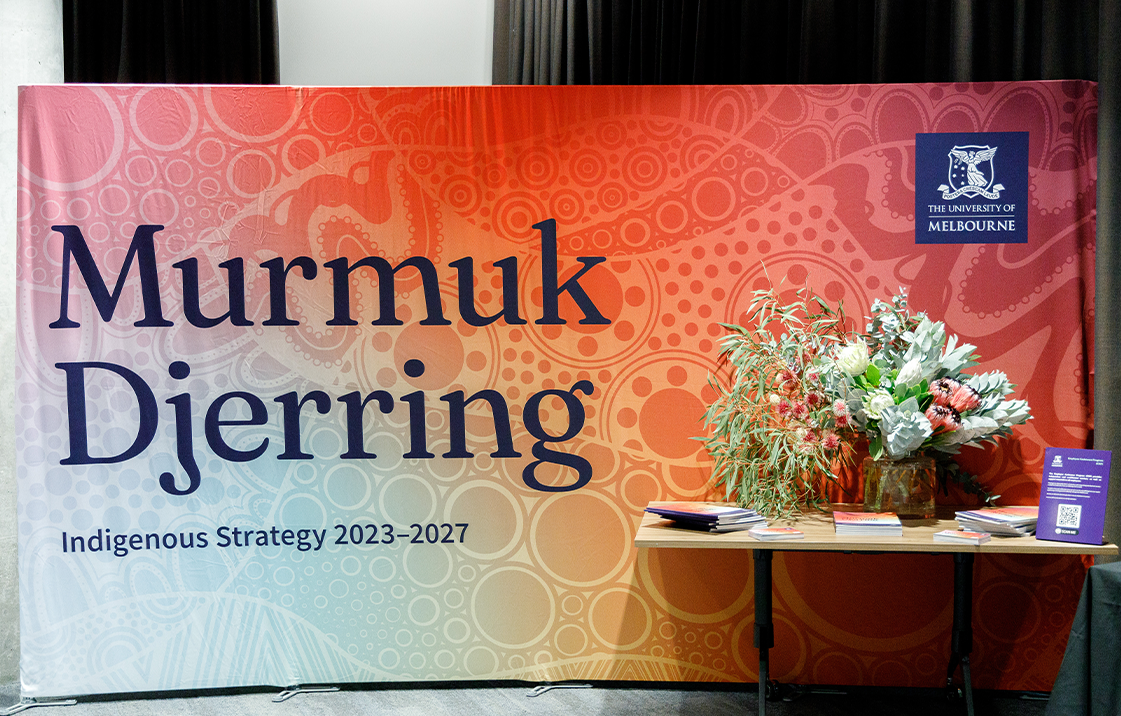
I also call upon each member of our University community to embrace the commitment of truth-telling and justice as set out in Murmuk Djerring. Let us collectively support the establishment of the Truth-Telling and Dialogue Centre with our time, resources and wholehearted participation. Let us commit to truth-listening, learning and building a more cohesive and inclusive community as a result.
Dhoombak Goobgoowana is not just a publication; it is a clarion call to action.
It is an invitation to join in the work of reparative reconciliation and to build a future where the lessons of our past guide us towards a more equitable and inclusive University of Melbourne.
This articles is an edited extract of two speeches Professor Judd delivered to mark the launch of Dhoombak Goobgoowana – A history of Indigenous Australia and the University of Melbourne – Volume 1: Truth. The book is published by Melbourne University Publishing and edited by Dr Ross Jones, Dr James Waghorne and Professor Marcia Langton. Hard copies are available to purchase, and a free digital copy is available through the open-access portal.
Banner: Nicholas Currie. ‘Big Line’ (orange, purple and pink stain), 2024. Ink and oil paint unprimed canvas